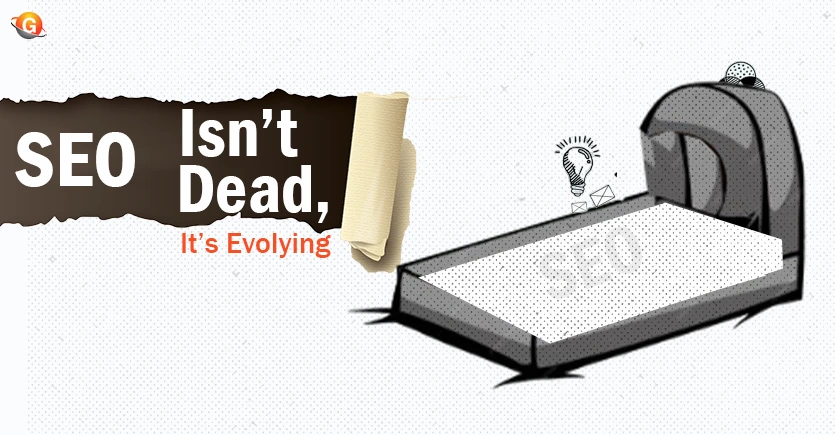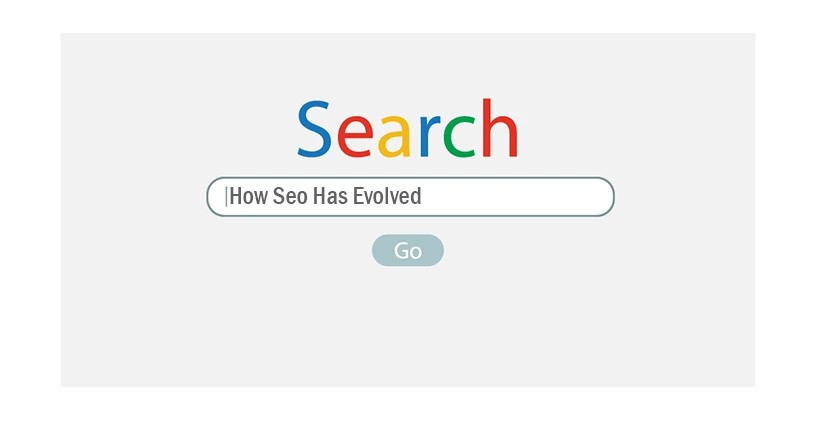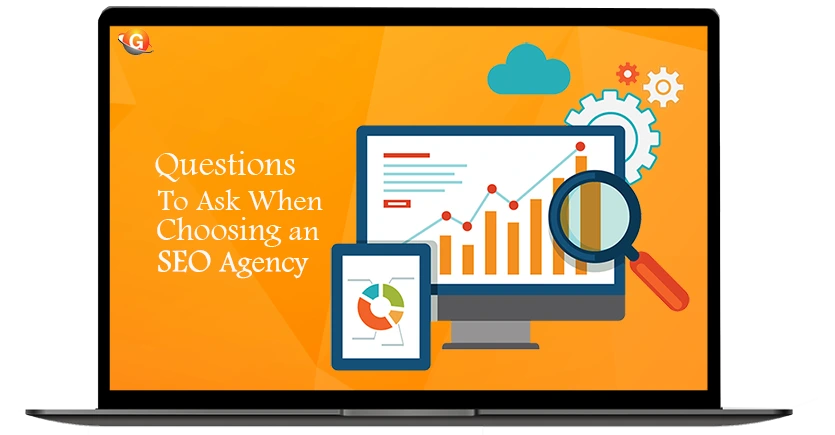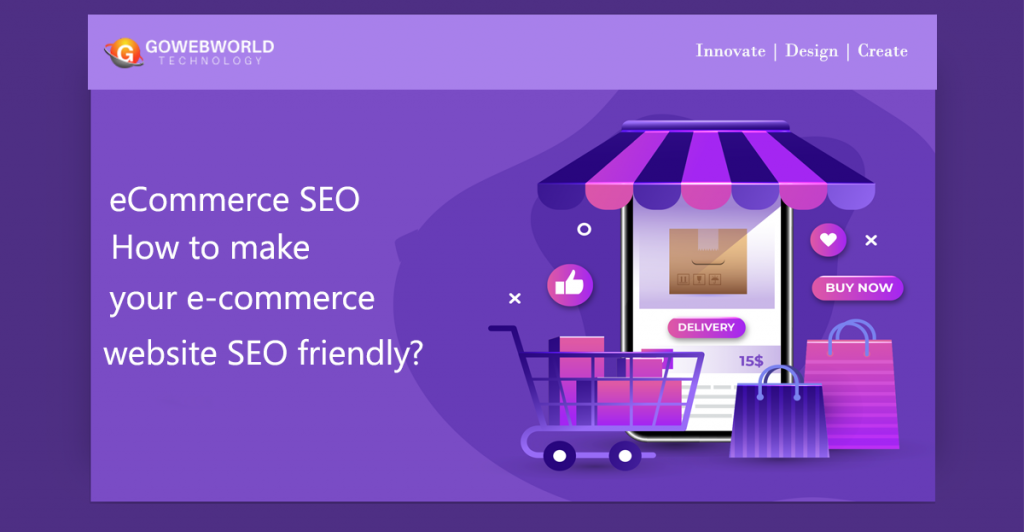Maximize Your Content’s Value with GoWebworld Technologies
In today’s digital landscape, creating fresh and engaging content is just half the battle. To truly thrive online, it’s essential to optimize your existing content to maximize its value. At GoWebworld Technologies, we specialize in proven content optimization strategies that can help you not only boost your online visibility but also drive more traffic to your website and improve your search engine rankings.
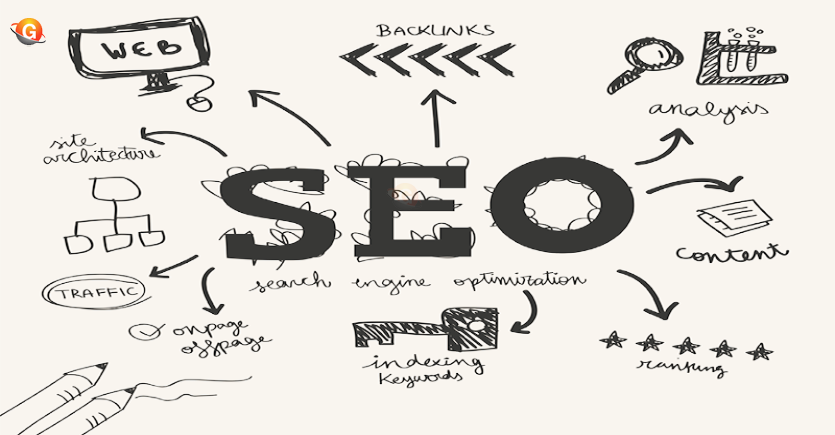
Why Optimize Existing Content?
Many businesses invest a considerable amount of time and resources into creating new content. However, existing content often holds untapped potential. Optimizing this content can yield substantial benefits without the heavy lifting of starting from scratch. Here’s a look at why revisiting and refining your current content is crucial:
1. Search Engine Performance: Search engines favor updated, relevant content. By optimizing your existing articles, blog posts, and webpages, you can enhance their performance, making it easier for your target audience to find you.
2. Increased Engagement: Well-optimized content can capture your audience’s attention more effectively. By refreshing or repurposing your messages, you can engage readers and encourage them to share with others.
3. Wider Audience Reach: Through content repurposing, you can present the same ideas in various formats (like videos, infographics, or podcasts), which can attract different segments of your audience.
4. Long-Term Growth: Consistently improving and updating your content contributes to sustained digital growth. Over time, this can lead to a solid online presence and increased authority in your industry.
How GoWebworld Technologies Can Help
Our team at GoWebworld Technologies is dedicated to enhancing your digital footprint through tailored content optimization strategies. Here’s how we approach the process:
– Content Audit: We start by conducting a thorough audit of your existing content to identify opportunities for improvement. This analysis helps pinpoint pieces that are underperforming or outdated.
– Keyword Optimization: We ensure your content is optimized for relevant keywords that resonate with your audience and match search engine algorithms.
– Repurposing Strategies: From turning a blog post into a video series to creating infographics or social media snippets, we help you repurpose your content to engage a wider audience.
– Performance Tracking: We don’t just optimize and forget. Our strategies include performance tracking so you can see how your revamped content is performing in real-time.
Let’s Enhance Your Content Together
At GoWebworld Technologies, our mission is to help you leverage your existing content for maximum impact. With our expertise, your online visibility will soar, traffic will increase, and your brand’s credibility will grow.
Ready to take your content to the next level? Contact us today at +91-988 8919 784 or visit our website at gwebworld.com. Let’s work together to create a sustainable strategy that drives long-term digital growth!
— Maximize your content’s potential with GoWebworld Technologies!

